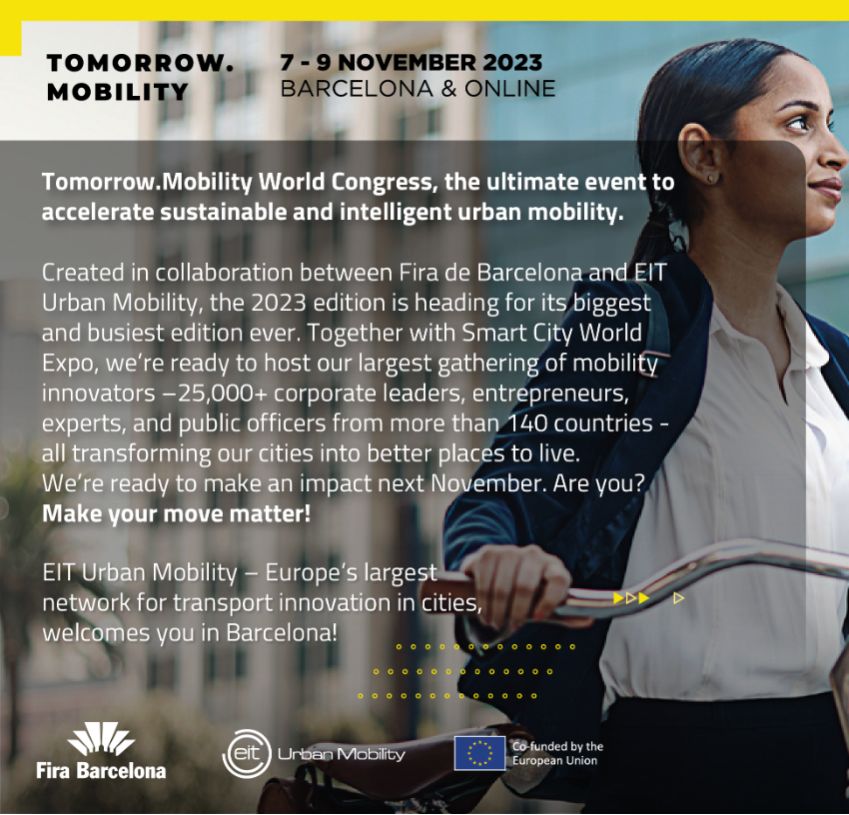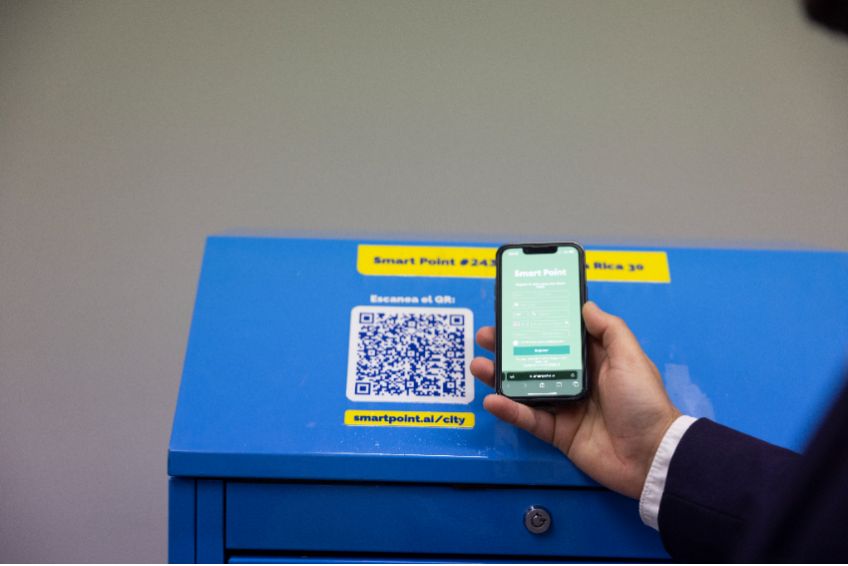Whilst debates on climate policy dominate headlines and stir controversies, implementation of these policies or finding the right solution often happens outside of the limelight. This is where EIT Urban Mobility comes in.
By addressing some of the difficult challenges hindering our green transition, such as getting people to change their behaviour, the future of transport electrification or integrating AI enabled innovations for urban transport, EIT Urban Mobility connects local, national and European ecosystems to seed innovations and accelerate the transition to decarbonised urban mobility. We are on a journey to find the best start-ups, while funding education programmes that are responsive to our future transport challenges.
In the last 4 years, EIT Urban Mobility has invested in 80 start-ups and implemented over 150 innovation pilots in more than 60 cities. And the results are starting to come in.

We’ve invested in Zeabuz, a Norwegian company changing how we view and use urban waterways. On 12th June 2023, they launched the world's first commercial autonomous passenger ferry in Stockholm. It is fully electric, produces no emissions or noise and currently runs every 30 minutes, with the aim of doubling its frequency in the near future. This project brings immediate benefits to the community, shortening travel times and reducing dependency on motorised vehicles. And on top of that, it pioneers autonomous technologies which will improve as real world deployment of autonomous navigation advances.
Another critical aspect of urban mobility is last-mile logistics. Recognising the need for innovative solutions in this field, we’ve invested in Smart Point, a Spanish scale-up which has emerged as a key player in improving last-mile logistics and delivery using smart locker solutions.
Their 5,040 lockers, strategically placed within 50 meters from the most populated areas of Madrid, have attracted 4,400 registered users and over 3,900 shipments in the first two months of operations. Their environmental impact is significant. The top eight courier companies delivering to Smart Points have reduced their CO2 emissions by a total of 3.8 tonnes in February alone. This would be the equivalent of planting 180 trees in 30 days. The system informs citizens of the reduced CO2 emissions, and supports local shops and businesses, allowing them to ship products with the same ease as e-commerce retailers.
 We also fund training programmes and university courses, shaping the next generation of innovators in the urban mobility space. One of our graduates from the Doctoral Training Network who founded a startup is Elias Pajares. After obtaining his PhD at the Technical University of Munich, Elias co-founded Plan4Better. The start-up created a cloud-based planning software to help cities improve their mobility plans, promote active mobility and create a sustainable and inclusive transport infrastructure.
We also fund training programmes and university courses, shaping the next generation of innovators in the urban mobility space. One of our graduates from the Doctoral Training Network who founded a startup is Elias Pajares. After obtaining his PhD at the Technical University of Munich, Elias co-founded Plan4Better. The start-up created a cloud-based planning software to help cities improve their mobility plans, promote active mobility and create a sustainable and inclusive transport infrastructure.
The challenges we face cannot be overstated, as transport is one of the few sectors where emissions are still rising. However, we are proud to contribute with solutions that are tackling this challenge as we continue to make strategic investments and empower individuals and communities to change their cities. As we move forward, it is clear that EIT Urban Mobility will play a vital role in shaping the future or urban mobility in Europe, fostering home-grown innovation and making cities more connected, liveable, inclusive and sustainable.
Want to learn more? Sign up for EIT Urban Mobility's Tomorrow.Mobility World Congress in Barcelona and online on 7-9th November 2023.
In partnership with
.png)
This article was produced in partnership with EIT Urban Mobility. EIT Urban Mobility is part of the European Institute of Innovation and Technology (EIT), a body of the EU which stands out in Brussels as the implementation arm of the green mobility transition. As one of its nine co-funded Communities, EIT Urban Mobility makes innovation policy a reality through measurable KPIs.
Sign up to The Parliament's weekly newsletter
Every Friday our editorial team goes behind the headlines to offer insight and analysis on the key stories driving the EU agenda. Subscribe for free here.